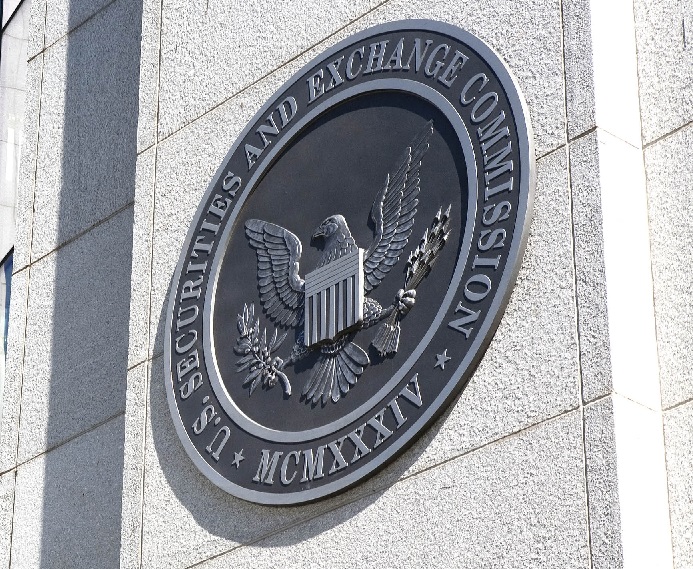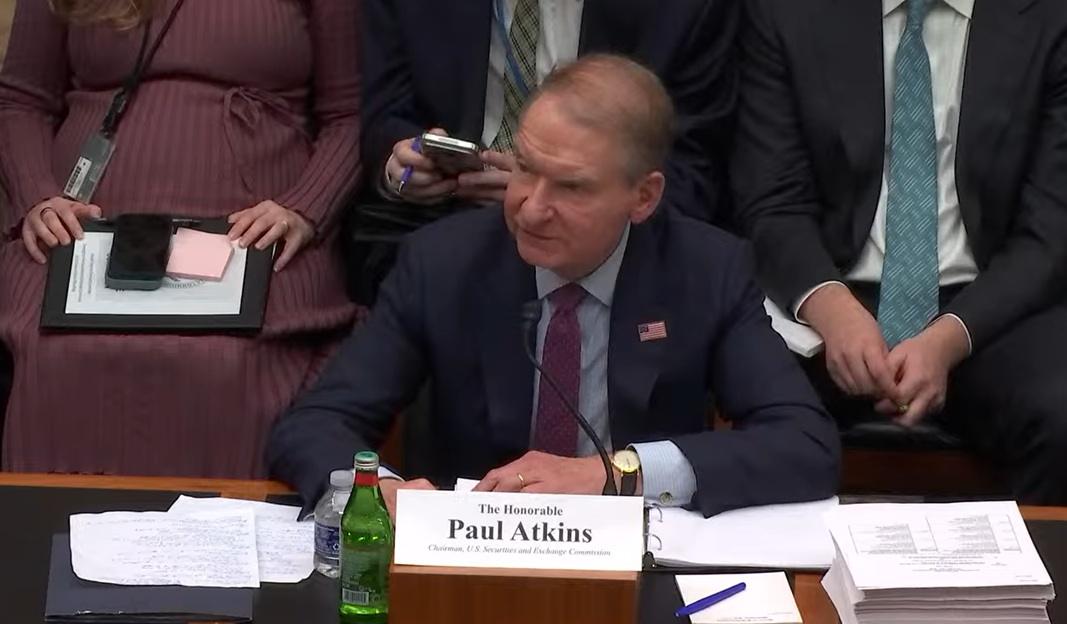SEC Adopts Rules Raising Thresholds for Shareholder Proposals
The Securities and Exchange Commission (SEC) voted in a 3-2 decision to adopt new rules effectively setting limits on shareholder proposals to be voted on at annual meetings.
While the SEC stated that the new amendments to its shareholder proposal rules are meant to “will facilitate engagement among shareholder-proponents, companies and other shareholders, including preserving the ability of smaller shareholders to access the proxy statements of the companies in which they have demonstrated a continuing interest,” shareholder rights groups have been highly critical of the new rules.
The new amendments follow another recent controversial SEC decision affecting proxy solicitations that critics warned would impact the independence and effectiveness of proxy voting advice.
Prior to the new ruling, shareholders were allowed to submit proposals if they held at least $2,000 or 1% of a company’s securities for at least one year. The amendments raise this threshold significantly, requiring one of three criteria of holding at least $2,000 of the company’s securities for at least three years, $15,000 of the company’s securities for at least two years, or $25,000 of the company’s securities for at least one year. The new rules also raise the criteria for shareholder support required for resubmitting proposals at future meetings from 3%, 6% and 10% support for matters previously voted on once, twice or three or more times in the last five years, respectively, to new thresholds of 5%, 15% and 25%, respectively.
SEC Chairman Jay Clayton said:
“Today’s amendments reflect many years of the staff’s engagement with investors and market participants as well as their extensive experience with shareholder proposals. These amendments ensure there is an appropriate alignment of interests between shareholder-proponents and their fellow shareholders and illustrate again why retrospective review and, as appropriate, modernization of our rules is necessary.”
Several shareholder rights advocates have been critical of the SEC’s amendments, stating that the new rules will negatively impact investors’ ability to engage companies on ESG and other areas.
Environmental and social corporate responsibility advocacy organization As You Sow stated that the new rules will curb decades of successful shareholder proposals that encourage companies to address the growing material risks associated with ESG issues.
Andrew Behar, CEO As You Sow, said:
“The SEC has intervened to disrupt a system that has worked with fairness and integrity for over 50 years. Companies have gained deep insight into potential material risks to their businesses courtesy of their shareholder engagements. Investors have had a forum to raise their concerns, assisting companies to outperform. This is an ecosystem based on mutual respect and a common goal; helping companies be as good as they can be. The new SEC rules will force shareholders to escalate to litigation and other means.”
Fiona Reynolds, CEO of UN-affiliated investor initiative Principles for Responsible Investment (PRI) was similarly critical. In a statement, Reynolds wrote:
“Today’s vote by the SEC in the U.S. highlights the Commission’s failure to ensure investors have the ability to have their voices heard on key issues related to ESG factors.
“By undermining investors’ capacity to weigh in on critical ESG matters through the shareholder proposal process, the SEC puts the very people it is meant to protect – Americans invested in securities – at risk. The rule amendments finalized today make it far more difficult for investors to use the shareholder process to encourage management to behave more responsibly on climate, human rights and other critical ESG issues that are material to the value of their investments. The SEC is setting a precedence that devalues the critical progress of ESG considerations by investors, and one that could potentially undermine the success of investment outcomes down the line.”
The new rules will apply to any proposal submitted for an annual or special meeting to be held on or after January 1, 2022.





